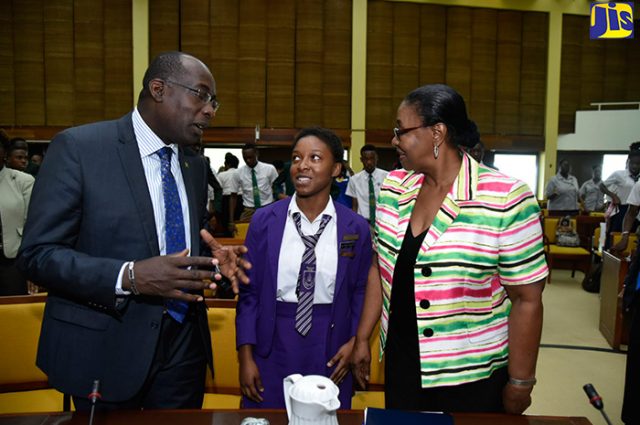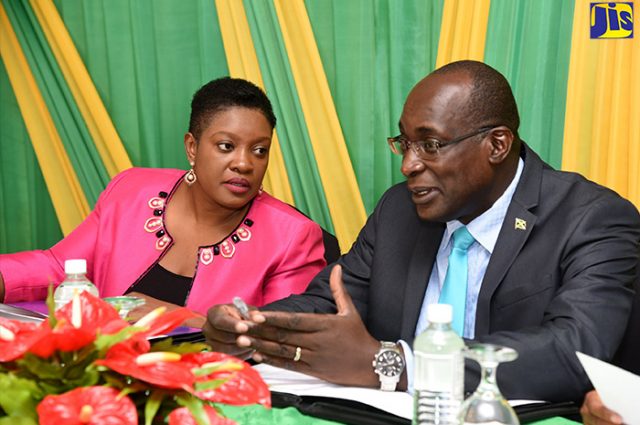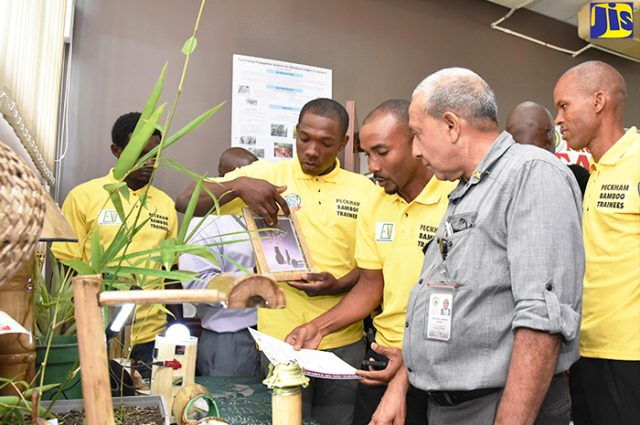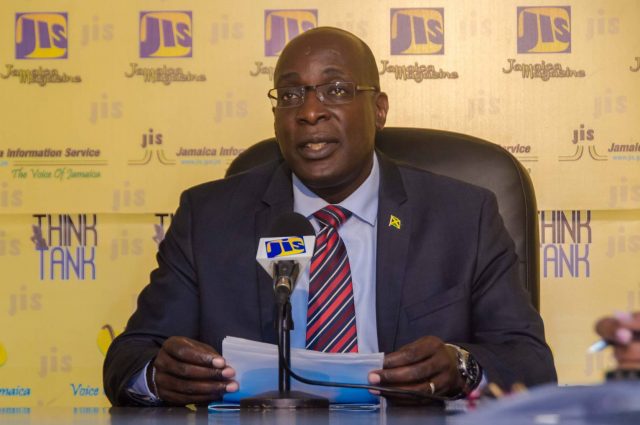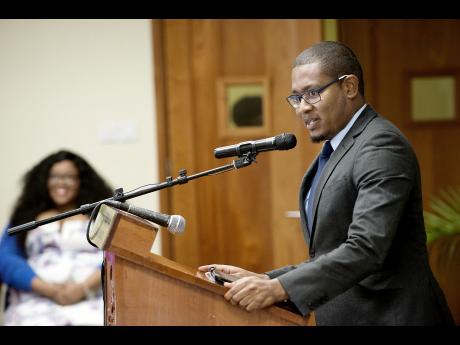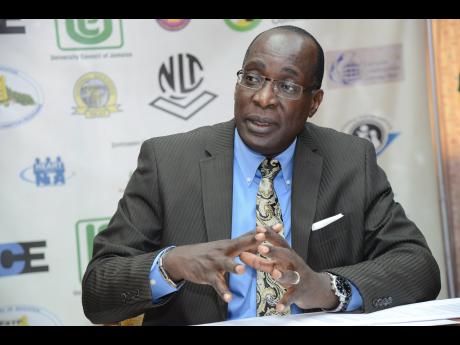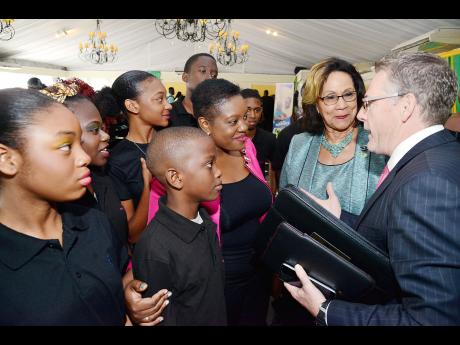JIS: The National Youth Service (NYS) has launched a volunteer project competition geared towards engaging young people in assisting early-childhood institutions to meet the Early Childhood Commission’s (ECC) 12 standards for certification.
The National Youth Month activity is being sponsored by the Jamaica Civil Aviation Authority (JCAA), with support from the One Jamaica Foundation, and is open to young people aged 17 to 29.
They are invited to adopt a school and submit a project proposal for upgrading of the institution.
At the launch held at the Regent Street Seventh-day Adventist Early Childhood Development Centre in Kingston on Thursday (November 2), State Minister for Education, Youth and Information, Hon. Floyd Green, said the project aims to encourage young people to give back to their community and country.
“What better way to do that than to say to our young people, ‘adopt an early-childhood institution’. We have the standards, we know what needs to be done to get them certified, so come up with a project proposal, send it in to us and we will secure some funding for you,” Mr. Green said.
“We want to see those proposals coming in, and we are very happy that One Jamaica Foundation has said if you have the idea, you have a school, come to us; we will help you put together an awesome video,” he added.
Senior Director for Community Services at the NYS, Rayharna Wright, explained that the objective of the competition is to motivate young people to volunteer their services.
“Groups of three to five persons will be required to submit project proposals in the form of videos. The project will culminate with the execution of the winning projects in what will be called a Day of Service. Winning projects will be assisted with prize monies and the participation of several volunteers from different agencies and youth groups islandwide. The Day of Service is slated for November 30,” Ms. Wright said.
She noted that institutions submitted for the competition must meet at least 50 per cent of the standards required for certification.
She added that participating groups will be required to complete a prescribed application form as well as submit a two-minute video.
The video should include the reasons for choosing the particular institution/project, why the project is important to the group, how it will benefit the school and surrounding community, and a plan for continued support of the institution.
“At the Ministry of Education and its agencies, we believe that volunteerism definitely helps to shape and add to the betterment of the youth in Jamaica, and through this project, we expect the interest level in volunteerism and dedication of the youth to significantly increase,” Ms. Wright said.
Meanwhile, Chairman of the ECC, Trisha Williams Singh, in welcoming the initiative, noted that the youth have a critical role to play in Jamaica’s development.
The competition will yield three volunteer projects with prizes of $200,000, $100,000 and $60,000 for first, second and third place, respectively.
The prize monies are to be used towards the execution of the projects. Deadline for video submission is November 14.
Videos may be submitted to [email protected]; and via Facebook at thenationalyouthservice; and twitter@nyservice.
The ECC’s standards relate to staffing; developmental and educational programmes; interactions and relationships with children; physical environment; indoor and outdoor equipment, furnishing and supplies; health; nutrition; safety; children’s rights, protection and equality; interactions with parents and community members; administration; and finance.
CAPTION: Minister of State in the Ministry of Education, Youth and Information, Hon. Floyd Green (second right), gives a smile of encouragement to student at the Regent Street Seventh-day Adventist Early Childhood Development Centre, Daquan Brown, as they complete a colouring activity. Occasion was the launch of a volunteer project competition geared towards assisting early-childhood institutions to meet the 12 required standards for Early Childhood Commission (ECC) certification at the Regent Street Seventh-day Adventist Early Childhood Development Centre in Kingston on Thursday (November 2). Others (from left) are student, Natalia Newlands; Principal, Regent Street Seventh-day Adventist Early Childhood Development Centre, Hyacinth Scarlett; and Corporate Communications Manager, Jamaica Civil Aviation Authority, Ava Marie Ingram.




